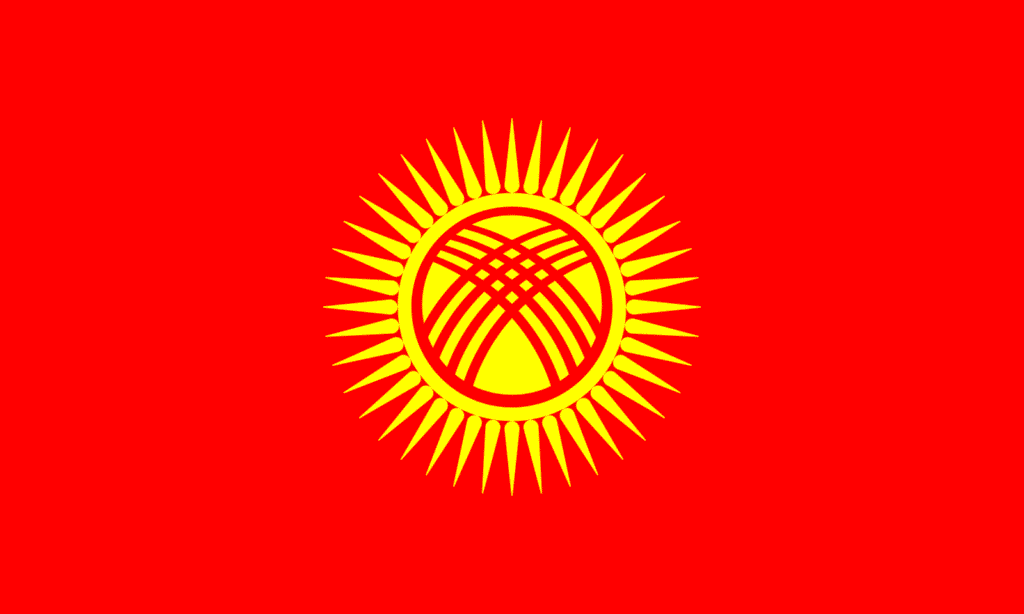Medical Education In India
MBBS - Bachelor of Medicine and Bachelor of Surgery

MBBS, or Bachelor of Medicine and Bachelor of Surgery, is one of the most prestigious and sought-after degrees for aspiring doctors worldwide. This professional undergraduate medical degree equips students with the knowledge, skills, and practical experience required to diagnose, treat, and prevent illnesses, making it the foundation for a successful medical career. The MBBS program typically spans five to six years, including rigorous academic study and hands-on clinical training in hospitals and healthcare institutions. Students learn extensively in anatomy, physiology, biochemistry, pathology, pharmacology, microbiology, forensic medicine, and community medicine.
Additionally, they gain practical exposure through clinical rotations in various medical departments, including internal medicine, surgery, pediatrics, gynecology, psychiatry, and more. The MBBS degree is globally recognized and serves as a stepping stone for further specialization in medical fields such as cardiology, neurology, oncology, orthopedics, and more. Admission to an MBBS program is highly competitive, requiring students to clear entrance examinations such as NEET (India), MCAT (USA), UKCAT (UK), and others, depending on the country of study. With the growing demand for healthcare professionals worldwide, pursuing an MBBS degree opens up vast career opportunities in hospitals, clinics, research institutes, and public health organizations. Many students also opt for MBBS abroad, as universities in countries like Russia, Ukraine, China, the Philippines, and the USA offer high-quality education at affordable tuition fees compared to private medical colleges in their home countries.
Studying MBBS abroad provides international exposure, access to advanced medical technology, and the opportunity to learn from experienced global faculty. Additionally, the curriculum in many foreign universities aligns with the guidelines of organizations such as the World Health Organization (WHO) and the Medical Council of India (MCI), ensuring that graduates meet international medical standards. However, medical education in India remains a top choice for many aspiring doctors due to the country’s strong medical infrastructure and globally recognized degrees..
Medical education in India is known for its rigorous academic structure, practical training, and state-of-the-art hospitals where students gain hands-on experience. The affordability of medical education in India compared to studying abroad makes it a desirable option for students seeking quality training at lower costs. After completing MBBS, graduates must undergo an internship or residency program to gain practical experience and qualify for medical licensing exams like USMLE (USA), PLAB (UK), FMGE (India), and others to practice as certified doctors. Apart from working as general practitioners or specialists, MBBS graduates can explore careers in medical research, healthcare administration, public health, and teaching.
With continuous advancements in medical education in India, MBBS professionals have numerous opportunities to contribute to medical innovation and patient care. The evolution of medical education in India has ensured that students receive world-class training, making them competent doctors on a global scale. Whether studying medical education in India or pursuing MBBS abroad, the profession remains a highly rewarding career choice, offering both financial stability and the noble satisfaction of saving lives and improving global healthcare.
BAMS - Bachelor of Ayurvedic Medicineand Surgery

BAMS (Bachelor of Ayurvedic Medicine and Surgery) is a professional undergraduate degree in the field of Ayurveda, an ancient system of natural medicine that has been practiced in India for over 5,000 years. This course integrates traditional Ayurvedic knowledge with modern medical sciences, offering students a comprehensive understanding of holistic healing and healthcare. The BAMS program typically lasts 5.5 years, including 4.5 years of academic study and 1 year of mandatory internship for practical training. The curriculum covers core subjects such as Anatomy, Physiology, Pathology, Pharmacology, Principles of Ayurveda, Panchakarma Therapy, Surgery, Obstetrics & Gynecology, and Internal Medicine, along with the use of herbal medicines, yoga, and natural therapies. One of the key advantages of pursuing BAMS is that it provides a holistic and natural approach to healing, focusing on treating the root cause of diseases rather than just the symptoms.
Medical education in India has embraced Ayurveda as a crucial component of its healthcare system, ensuring that students receive in-depth training in both traditional and modern medical practices. BAMS graduates are trained in diagnosing ailments, prescribing herbal medicines, performing Panchakarma therapies, and even conducting minor surgical procedures. With the growing awareness of natural and alternative medicine worldwide, medical education in India is continuously evolving to include more research and technological advancements in Ayurveda. BAMS professionals have excellent career opportunities in hospitals, clinics, research institutions, pharmaceutical companies, wellness centers, and even as private practitioners. Many students choose BAMS over MBBS due to its increasing global recognition and demand for Ayurvedic practitioners. After completing BAMS, graduates can pursue higher studies like MD (Ayurveda), Ph.D. in Ayurveda, or postgraduate diplomas in specialized fields like Panchakarma, Yoga Therapy, and Ayurvedic Pharmaceuticals. Medical education in India has significantly contributed to the expansion of Ayurvedic medicine, leading to its recognition on a global scale. In India, BAMS graduates can practice as registered Ayurvedic doctors after obtaining a license from the Central Council of Indian Medicine (CCIM).
They can also appear for various government exams to secure positions in Ayurvedic hospitals, government healthcare centers, and teaching institutions. With the increasing preference for natural and organic treatments, BAMS professionals are also in demand in the global healthcare sector, including wellness tourism, spa therapy, and alternative medicine research. Countries like the USA, UK, Canada, and Germany are now recognizing Ayurveda as a complementary system of medicine, creating new opportunities for BAMS graduates abroad. The medical education in India ensures that BAMS students are well-equipped with practical skills, theoretical knowledge, and a deep understanding of Ayurvedic principles. The BAMS field is not just a career choice but a way of life, promoting wellness through a balanced diet, herbal treatments, meditation, and yoga. As modern medicine continues to integrate with traditional healing practices, medical education in India is adapting to meet the growing demand for qualified Ayurvedic practitioners. With increasing research, government support, and global recognition, medical education in India has positioned Ayurveda as a promising and fulfilling career option for those passionate about holistic healthcare and natural healing .
HITA AYURVEDIC MEDICAL COLLEGE BANGLORE
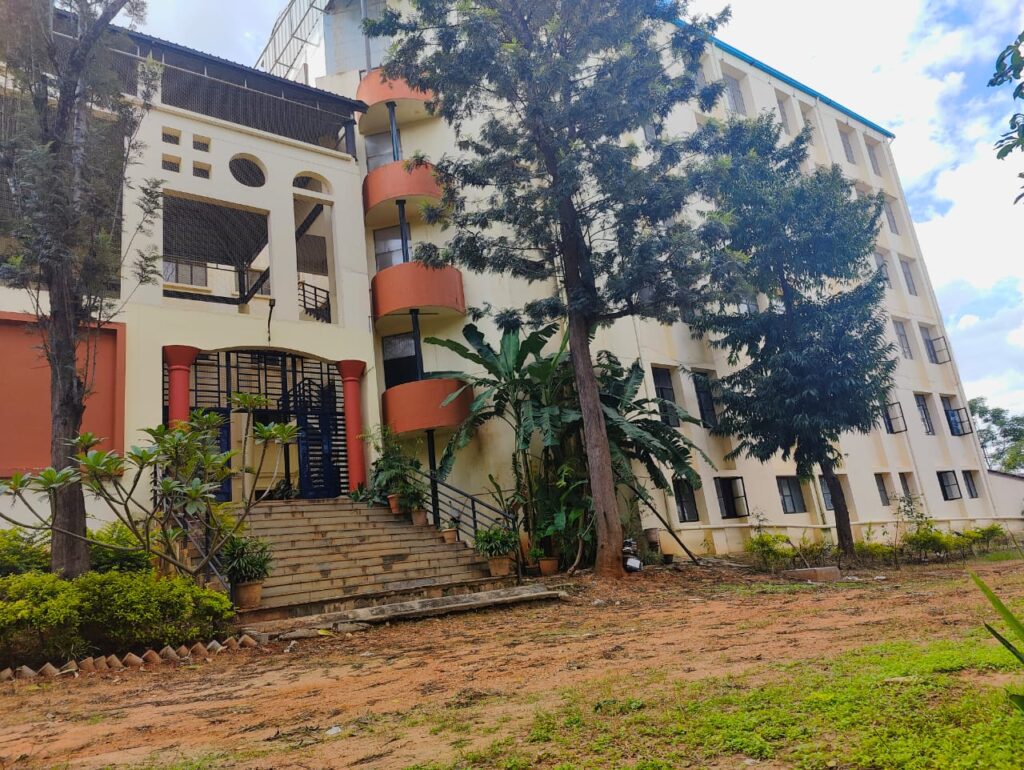
Admissions for the BAMS program at Hita Ayurvedic Medical College are now open! including affordable options With affordable fees ranging from ₹16-18 lakhs. Hostel facilities are also available at reasonable rates charges starting at ₹70 to 75 thousand.
KARNATAKA AYURVEDIC MEDICAL COLLEGE MANGLORE
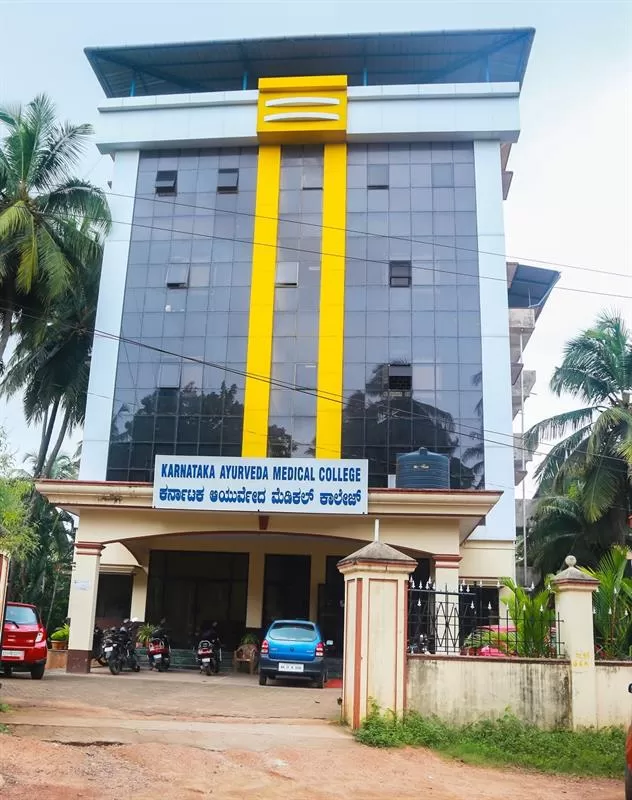
Admissions for the BAMS program at Karnataka Ayurvedic Medical College Mangalore are now open! including affordable options With affordable fees ranging from ₹16-18 lakhs. Hostel facilities are also available at reasonable rates charges starting at ₹70 to 75 thousand.
KARNATAKA AYURVEDIC MEDICAL COLLEGE BANGLORE
Admission for the BAMS at Karnataka Ayurvedic Medical College is now open! including affordable options with affordable fees ranging from ₹16-18 lakhs, Hostel facilities are also available at reasonable rates charges starting at ₹70 to 75 thousand.
PRAKRUTI AYURVEDIC MEDICAL COLLEGE CHITTARDURGA


Admissions for the BAMS program at Prakruti Ayurvedic Medical College Chittardurga are now open! including affordable options With affordable fees ranging from ₹16-18 lakhs. Hostel facilities are also available at reasonable rates charges starting at ₹70 to 75 thousand.
AGASTYA AYURVEDA MEDICAL COLLEGE
AND HOSPITAL
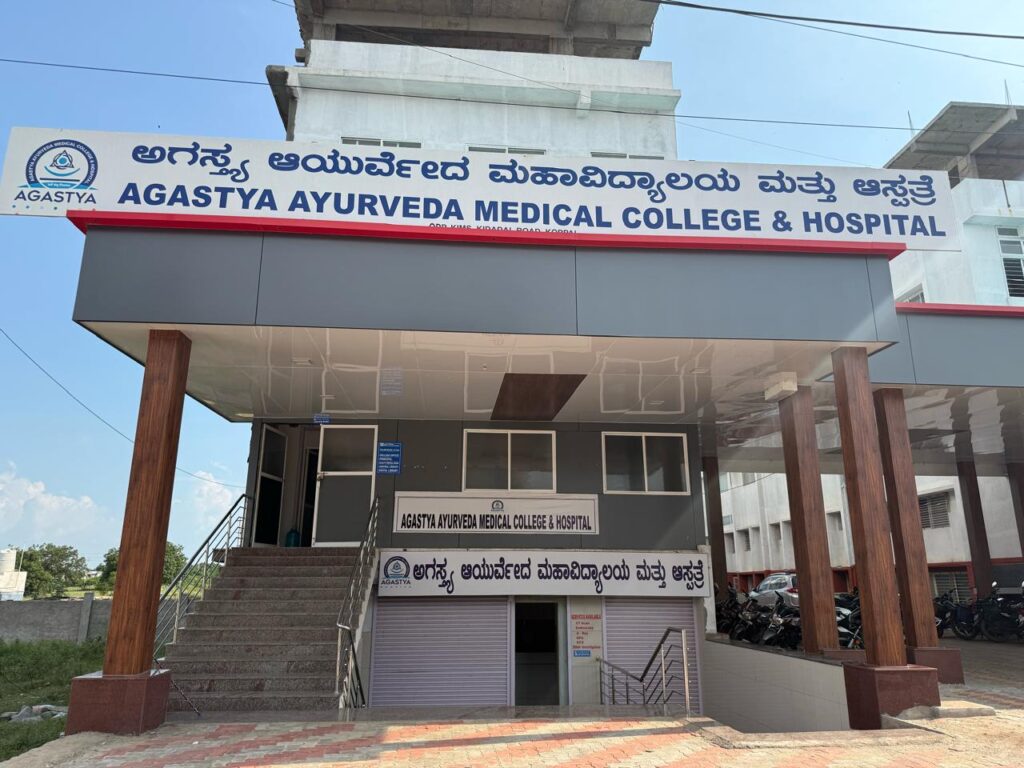
Agastya Ayurveda Medical College and Hospital, located near the Maharashtra border, offers an attractive package of ₹14-15 lakhs. The college features a well-equipped hospital that serves around 100 patients daily, providing students with hands-on experience. Facilities include an ECG machine, X-ray, and ultrasound equipment, ensuring access to advanced diagnostic tools. With the MBBS college situated directly in front of the hospital, students benefit from easy access to clinical training and practical experience.
MBBS -Bachelor of Medicine, Bachelor of Surgery
MBBS (Bachelor of Medicine and Bachelor of Surgery) is a highly esteemed undergraduate medical degree that serves as the foundation for a career in the healthcare sector. It is one of the most sought-after programs for students aspiring to become doctors and medical professionals. The MBBS program typically spans 5 to 6 years, including academic coursework and compulsory clinical internships. The curriculum covers a wide range of subjects such as Anatomy, Physiology, Biochemistry, Pathology, Pharmacology, Microbiology, Forensic Medicine, Community Medicine, and Clinical Medicine, providing students with a deep understanding of the human body, diseases, treatments, and medical ethics. Additionally, practical exposure is gained through hospital rotations in departments like Internal Medicine, Surgery, Pediatrics, Obstetrics & Gynecology, Psychiatry, Orthopedics, and Radiology, allowing students to apply their theoretical knowledge in real-world medical scenarios.
Admission to MBBS programs is highly competitive and requires students to clear entrance exams like NEET (India), MCAT (USA), UCAT (UK), and others depending on the country of study. Many students also choose to pursue MBBS in abroad in countries such as Russia, China, Ukraine, the Philippines, the USA, and the UK, where medical universities offer high-quality education, advanced infrastructure, and globally recognized degrees at a more affordable cost compared to private medical colleges in India. However, medical education in India remains a top choice for many students due to the presence of prestigious government medical colleges, advanced research facilities, and a structured curriculum that aligns with global medical standards. Medical education in India is highly rigorous, ensuring that students receive comprehensive theoretical knowledge and extensive hands-on clinical training, making them competent medical professionals.
Studying medical education in India provides students with in-depth exposure to diverse medical cases, given the country’s large and varied patient population. The internship programs under medical education in India are designed to offer real-time experience in diagnosing and treating diseases, enabling graduates to develop practical skills that meet global healthcare standards. Upon completing MBBS, graduates must undergo a mandatory internship where they gain hands-on experience in treating patients under supervision. To practice medicine legally, they must clear licensing exams such as USMLE (USA), PLAB (UK), FMGE (India), AMC (Australia), or others, depending on the country where they wish to work. Career prospects for MBBS graduates are vast, with opportunities to work as general practitioners, specialists, surgeons, researchers, medical professors, and public health officers in hospitals, clinics, research institutes, and government healthcare organizations.
Medical education in India also provides ample opportunities for postgraduate studies, with students opting for MD/MS or super-specializations in fields like Cardiology, Neurology, Oncology, Pediatrics, and Orthopedics. The structured approach of medical education in India ensures that students are well-equipped to handle complex medical challenges and advance in their careers. The demand for skilled doctors continues to rise globally, making MBBS not just a prestigious career choice but also a profession dedicated to saving lives and improving public health. Whether pursuing medical education in India or MBBS in abroad, students receive comprehensive medical training that prepares them for a fulfilling and impactful career in medicine. The robust infrastructure, experienced faculty, and research-driven approach of medical education in India continue to make it one of the most preferred choices for aspiring doctors worldwide.
WORLD MEDICAL SCIENCE AND RESEARCH COLLEGE ,DELHI
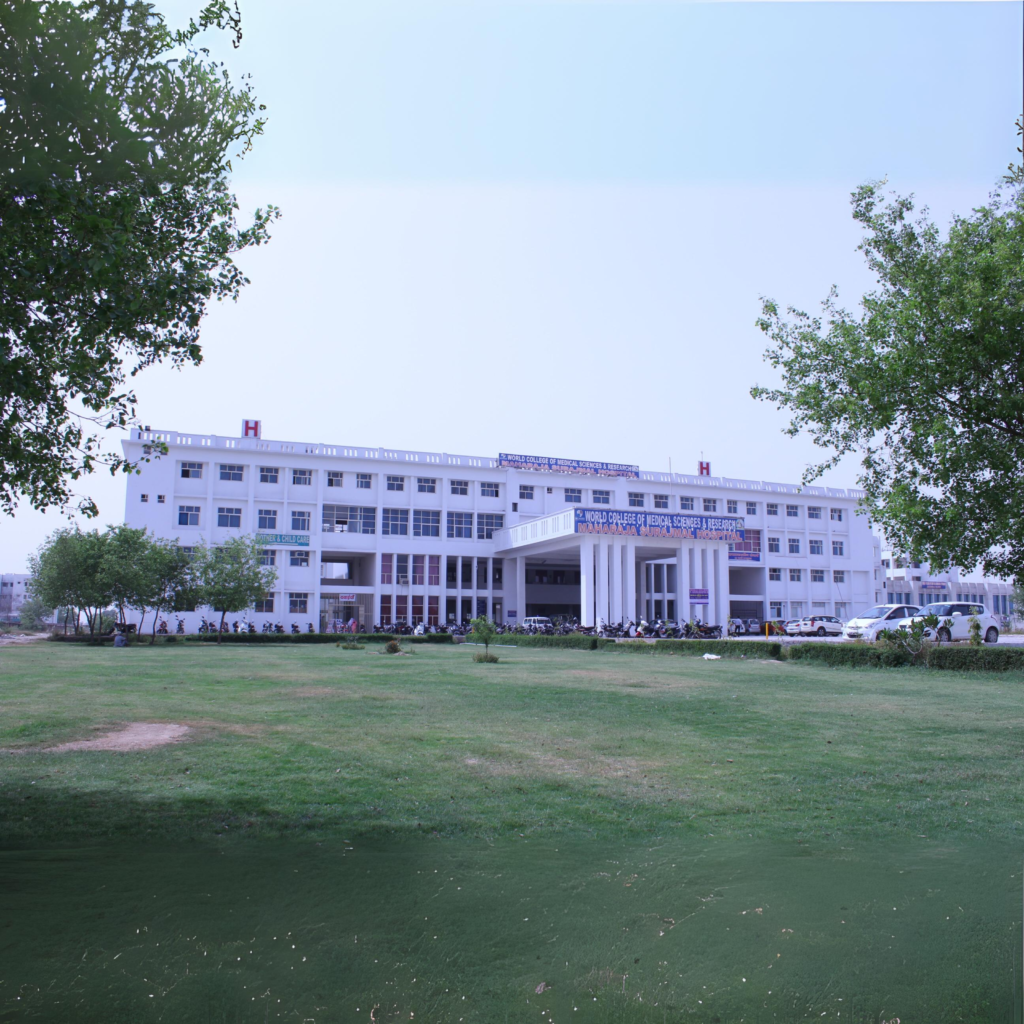
Admissions for the MBBS program at World Medical College Delhi are now open! The college offers affordable options, with fees ranging from ₹72-₹75 lakhs for the entire course. Hostel facilities are also available at reasonable rates, starting from ₹3.25 lakhs, with a refundable security deposit of ₹2 lakhs.
PA SANGMA INTERNATIONAL MEDICAL
COLLEGE AND HOSPITAL GUWAHATI

Admissions for the MBBS program at PA Sangma International Medical College and Hospital (PIMC) are now open! The college offers a comprehensive package, with fees for the entire course set at ₹85-₹87 lakhs. Hostel facilities are also available at reasonable rates, ensuring a comfortable living environment for students.
